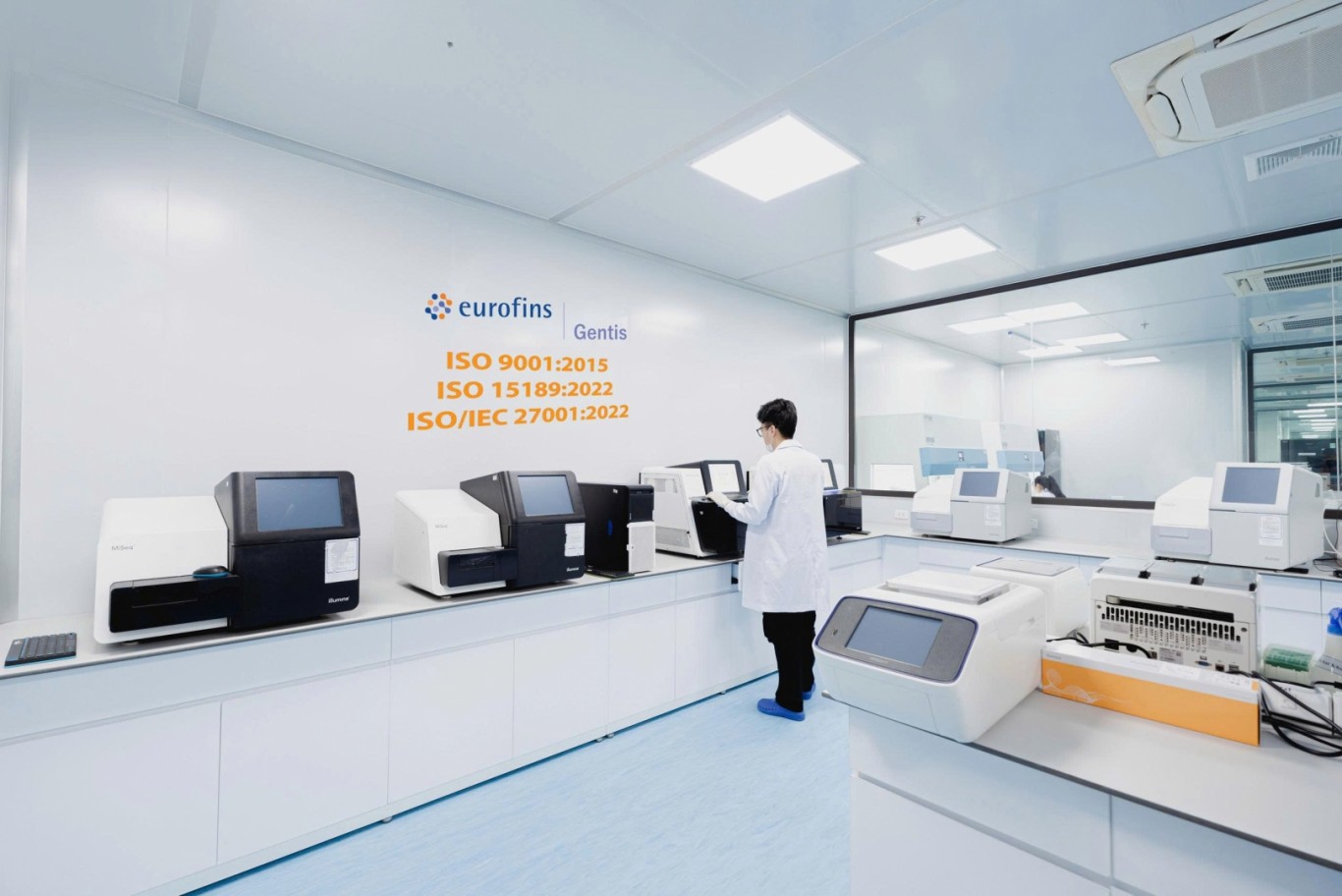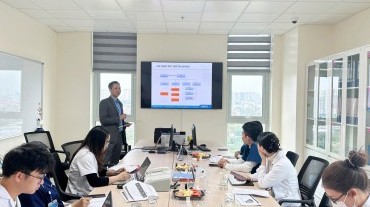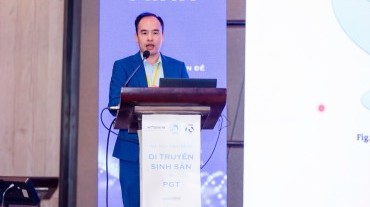1. What is the PGT-M test?
PGT-M is a pre-embryo transfer genetic test for monogenic inherited diseases. With this test, we can test the embryo's genome very early, helping to detect abnormal passages on a particular gene inherited from parents.
From there, the embryos that are homozygous for the disease gene will be removed before being transferred to the mother's uterus. The effectiveness of the PGT-M test has been shown to limit the number of babies born with thalassemia and the need to terminate the pregnancy mid-term when the fetus has severe anemia abnormalities.
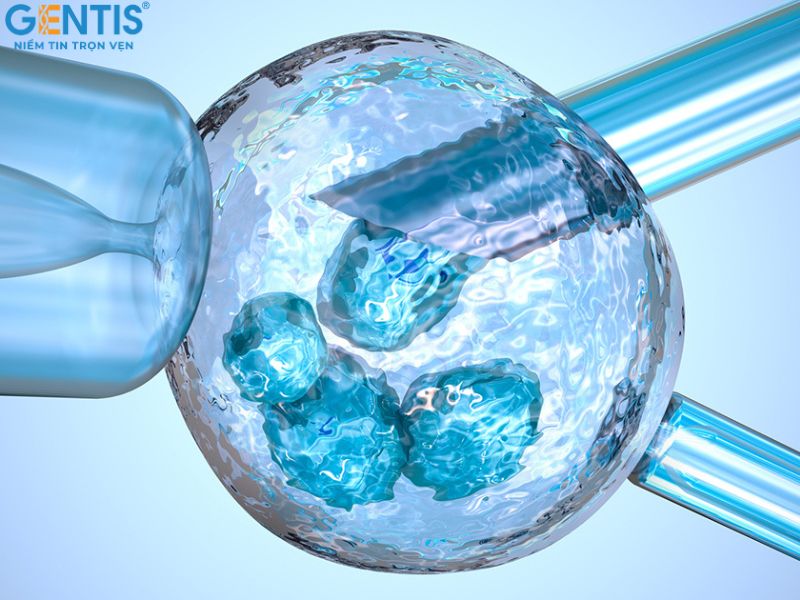
Not only effective in diagnosing thalassemia, the PGT-M test also helps diagnose many other single-gene diseases in embryos such as X-linked genetic diseases, dystrophy Duchenne muscle, Hemophilia,... Moreover, in the future, this test is also aimed at treating siblings of children who have been born but have the disease.
In addition, the PGT-M test can diagnose the human leukocyte antigen (HLA) match of the embryo with the affected sibling. Stem cells from the cord blood of children born from embryos selected through PGT-M will help treat siblings with the disease.
2. Who should perform the PGT-M test?
The PGT-M test is ordered by the doctor in cases where there is a history of a husband or wife carrying the disease gene, or in the family there is an inherited disease caused by a gene mutation such as monodominant inherited diseases (eg. Huntington's disease), monogenic recessive diseases (eg, cystic fibrosis), chromosomal disorders (eg, numerical or structural abnormalities), sex-linked disorders (eg, Duchenne muscular dystrophy), predictors of cancer (cervical cancer, breast cancer, etc.) or determine HLA compatibility (to select embryos compatible with HLA antigens with siblings). have a disease that requires blood transfusion, marrow transplant. This child can later cure the disease, donate marrow for brother/sister).
For patients at risk of passing a genetic disease on to their children, PGT-M reduces the risk and increases the likelihood of having a healthy baby. Also avoid emotionally and ethically challenging decisions when deciding whether to terminate a pregnancy if the fetus has a genetic abnormality.
In clinical practice, PGT-M is often combined with the PGT-A/SR test to comprehensively assess embryo quality and improve the success rate of assisted reproduction methods. Patients with single-gene disorders are mostly young and have a good prognosis, but their risk of spontaneous abortion is still quite high. In recent years, many studies have reported that when embryos are combined with PGT-M and PGT-A screening, the pregnancy rate can increase from 45 to 68% and the rate of spontaneous abortion decreases from 15% to 15%. 5%.
In addition, the combination of PGT-A screening is appropriate for the majority of women undergoing IVF. All women are at risk of producing embryos with chromosomal abnormalities (trisomy 13, 18, 21), and as maternal age increases, the likelihood of embryos with chromosomal abnormalities increases. However, the PGT-A test can help women of all ages increase their chances of successful fertilization and embryo transfer.
3. How is the PGT-M test done?
Basically, to perform the PGT-M test, couples need to be assisted with IVF. The generated embryos will be raised to day 5.
With the eligible embryos on day 5 (blastocysts) will be biopsied (removing 3 - 5 embryonic cells from the cell area that will develop into the placenta later). Cell samples after biopsy will be applied special testing methods to detect disease-carrying genes.
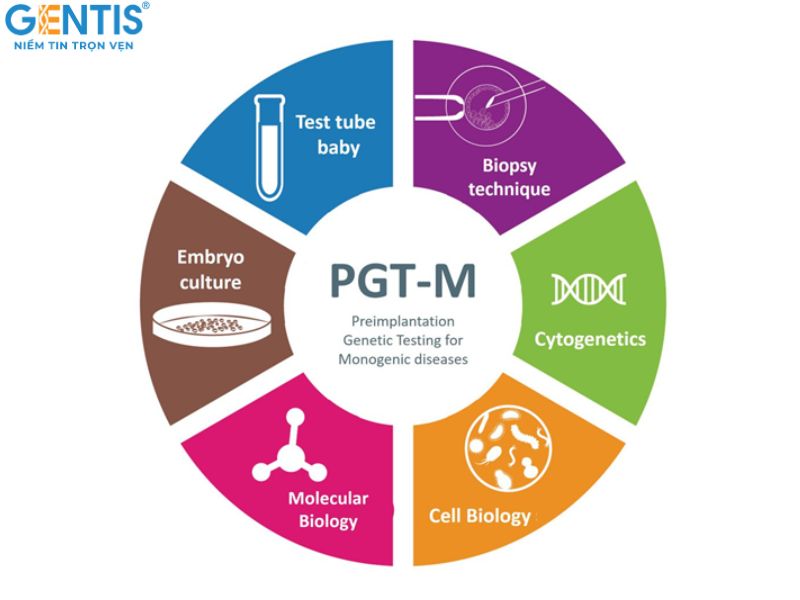
With modern medicine, today, we can also perform the ASEM test on the embryo culture medium sample without the need for an embryo biopsy. With this technique, we do not need to worry about possible effects on the embryo during the biopsy.
4. The purpose of PGT-M for families with inherited diseases to have healthy children
According to research, the current infertility rate in Vietnam accounts for 7.7%, of which the causes are equal to men and women, accounting for 40% of each gender and 20% of unknown causes. The development and rapid progress of genetic engineering and technologies have greatly benefited the field of assisted reproduction right from the pre-implantation embryo stage.
The PGT method (pre-implantation embryo screening) has greatly contributed to the selection of the healthiest embryos before implantation in the uterus, increasing the chances of pregnancy, reducing the number of cycles of in vitro fertilization and the cost of pay. In addition, PGT-M is a test to identify abnormalities, single gene mutations associated with some genetic disease syndromes such as Thalassemia, Hemophilia, muscular atrophy, polycystic kidney, RETT syndrome,... PGT -M is indicated for couples who carry a disease-causing mutation and are at high risk of having a child with a monogenic disease.
The effectiveness of the PGT-M test has been clearly demonstrated to help limit the situation of babies being born with the disease, limiting the need to terminate the pregnancy midway when the fetus has an abnormal diagnosis. With dangerous genetic diseases, the implementation of prenatal genetic screening and diagnosis is no longer an individual affair of a family, but a long-term step with the contribution of society in general and the medical profession. economy in particular.
For the purpose of improving, improving the quality of the race, and the prosperity of society, PGT-M will improve the status of children born with birth defects, serious genetic diseases and non-reproductive abnormalities. desired in couples.
5. GENTIS - Comprehensive gene ecosystem for Vietnamese people
With the desire to bring the best fertility support methods to doctors and patients in Vietnam, GENTIS has constantly researched, developed, and applied the PGT-M test in preimplantation embryo screening with rare diseases. Not only effective in diagnosing Thalassemia, PGT-M technique also helps diagnose many other rare genetic diseases of embryos such as myelodysplasia, Duchenne muscular dystrophy, hemophilia, osteochondrotic dysplasia. , congenital adrenal hyperplasia, hemophagocytic syndrome, marfan syndrome, autosomal dominant polycystic kidney, iris defect, congenital hearing loss, RETT syndrome,...
At GENTIS, along with the application of new technical technologies, using modern machinery systems (new generation DNA sequencing system NGS Illumina - USA, Veriseq PGS technology) and specialized analysis software Using (STR, SNP analytical methods), the PGT-M test was developed and performed rigorously to provide the most reliable results.
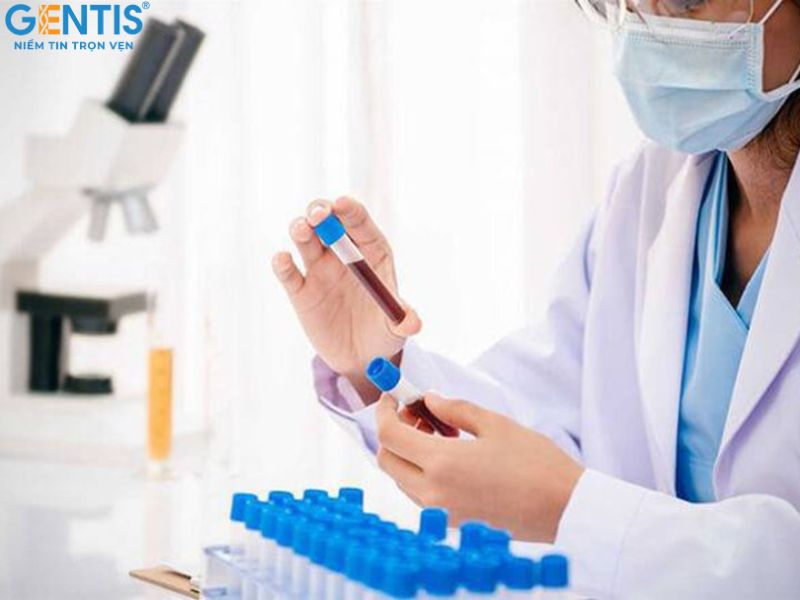
Combining PGT-M screening for single-gene genetic disease with PGT-A screening for aneuploidy embryos will help couples select embryos that do not carry genetic abnormalities to be screened for embryo transfer. With modern technology increasingly developed, GENTIS hopes to deploy, research, and successfully test many other rare genetic diseases, contributing to the successful preimplantation screening process and healthy babies for every family.
With a system of 2 laboratories meeting ISO 9001:2015, ISO 15189:2012 and the ability to perform tens of thousands of tests per year, GENTIS always aims to develop gene technology suitable for Vietnamese people, bringing has great value in the diagnosis, treatment of diseases and assisted reproduction. In particular, GENTIS is increasingly asserting its outstanding position in the field of genetic analysis, maintaining full trust for customers and partners.

